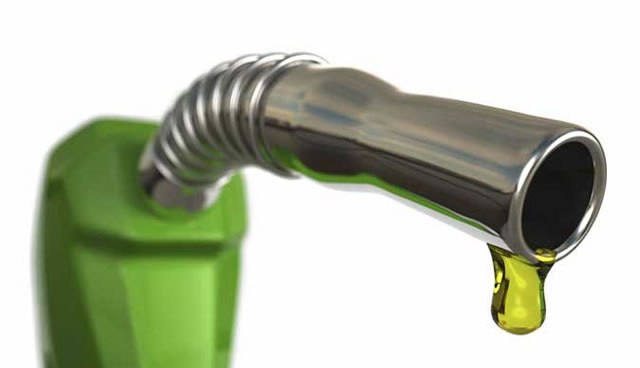ZIMBABWE'S fuel supplies have dwindled to alarming levels due to a weakening economy and acute foreign currency shortages despite interventionist measures by the Reserve Bank of Zimbabwe (RBZ).
This comes as some fuel stations are now demanding United States dollars only, saying bond notes and electronic payments (swiping) are prejudicing them of value due to exchange rate differences and arbitrage.
The past month has resulted in some long-winding queues at some fuel stations around the country with the capital being the hardest hit due to a higher volume of vehicles.
This has resulted in the growth of the black market where the commodity is being sold at higher prices.
Official figures show that liquid fuels constitute 18% of the total national energy requirements, with annual imports of petrol and diesel amounting to 540 million and 630 million litres respectively. At peak around 2014/15, the economy had the capacity to consume three million litres of diesel and two million litres of petrol per day. This translated to over one billion litres of diesel and 730 million litres of petrol.
Currently, on the local market diesel and petrol are pegged around US$1,20 and US$1,35 respectively.
The RBZ released US$17 million over the last two weeks to critical sectors, but admitted that the figure was not enough to meet the country's foreign currency needs. This sum is far below the total foreign currency requirements at peak.
"We have allocated a substantial amount of forex this week to all fuel suppliers, industry and for essential services. Which fuel stations have long queues so that we can check with distributors? Certainly it's not about forex maybe there are other causes if there are queues. You may also wish to check with the suppliers," RBZ governor John Mangudya said.
"As we have advised before, the sustainable way of dealing with the parallel market is increase the supply of forex to meet demand. This entails increasing production, productive and exports. In the meantime and in order to bridge the lead time in production, the Bank has put in place nostro stabilisation facilities. These measures would need to be complemented by the implementing the much needed structural reforms on enhancing business confidence, ease and cost of doing business, transformation of state owned enterprises and fiscal consolidation."
Market players say the decision by the central bank to come up with an import priority list mirrored the worsening foreign currency situation in the economy. Despite these shortages fuel remains one of government's key sources of revenue.
Diesel is charged taxes and levies amounting to 0,50 cents per litre and these include duty, Zimbabwe National Road Administration road levy, carbon tax, debt redemption, strategic reserve levy and the NocZim debt levy.
The NocZim debt levy was introduced in 2003 to clear the now disbanded parastatal's accumulated debt to mostly foreign fuel suppliers and is charged at 6,7 US cents for petrol and 1,3 US cents for diesel per litre.
- Zim Ind
 Concern over Masvingo black market
Concern over Masvingo black market  Kenya declares three days of mourning for Mugabe
Kenya declares three days of mourning for Mugabe  UK's Boris Johnson quits over Brexit stretegy
UK's Boris Johnson quits over Brexit stretegy  SecZim licences VFEX
SecZim licences VFEX  Zimbabwe abandons debt relief initiative
Zimbabwe abandons debt relief initiative  European Investment Bank warms up to Zimbabwe
European Investment Bank warms up to Zimbabwe  Young Investment Professional (YIP) Graduate Programme 2019
Young Investment Professional (YIP) Graduate Programme 2019 











 Young Investment Professional (YIP) Graduate Programme 2019
Young Investment Professional (YIP) Graduate Programme 2019
Editor's Pick